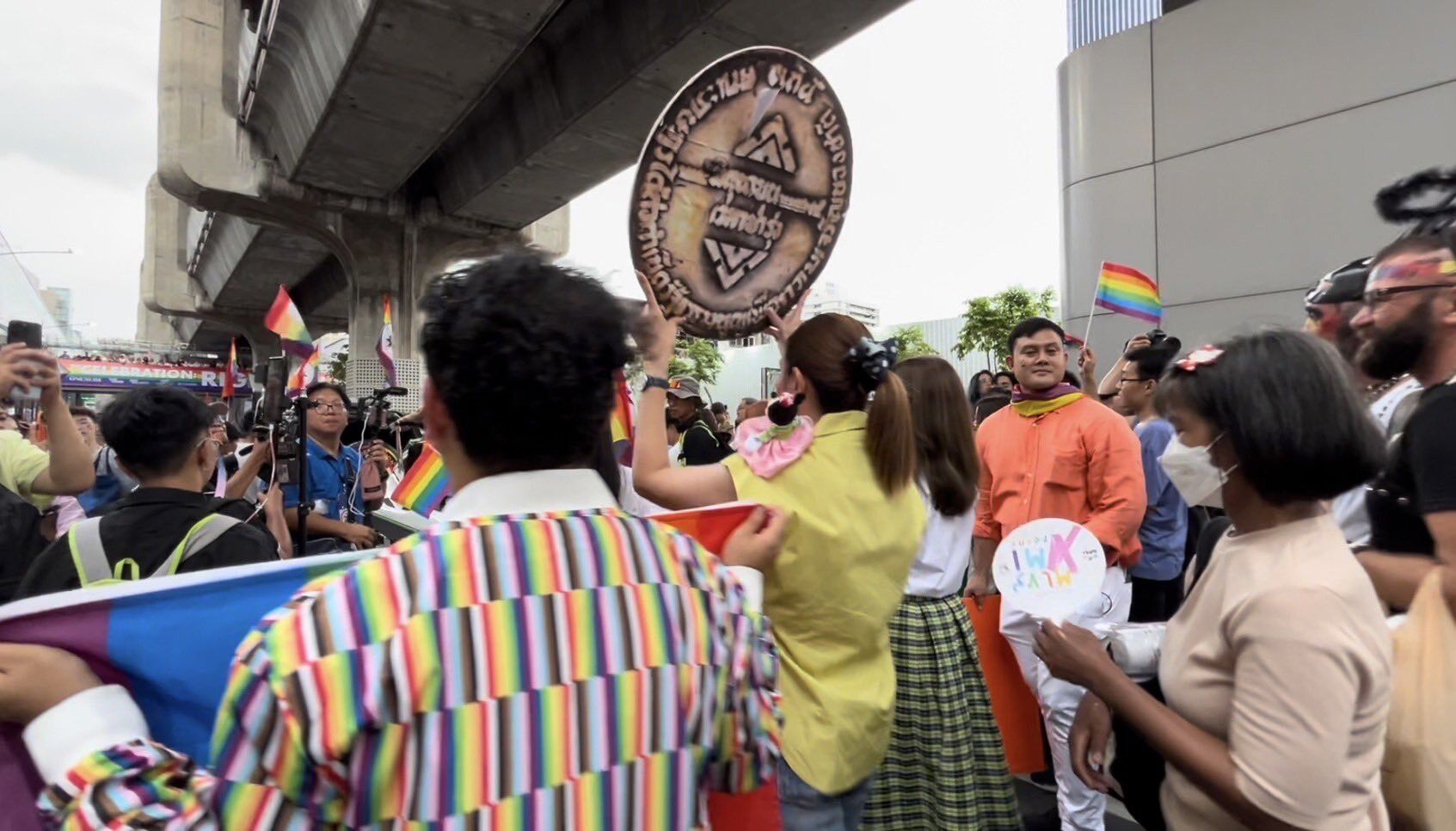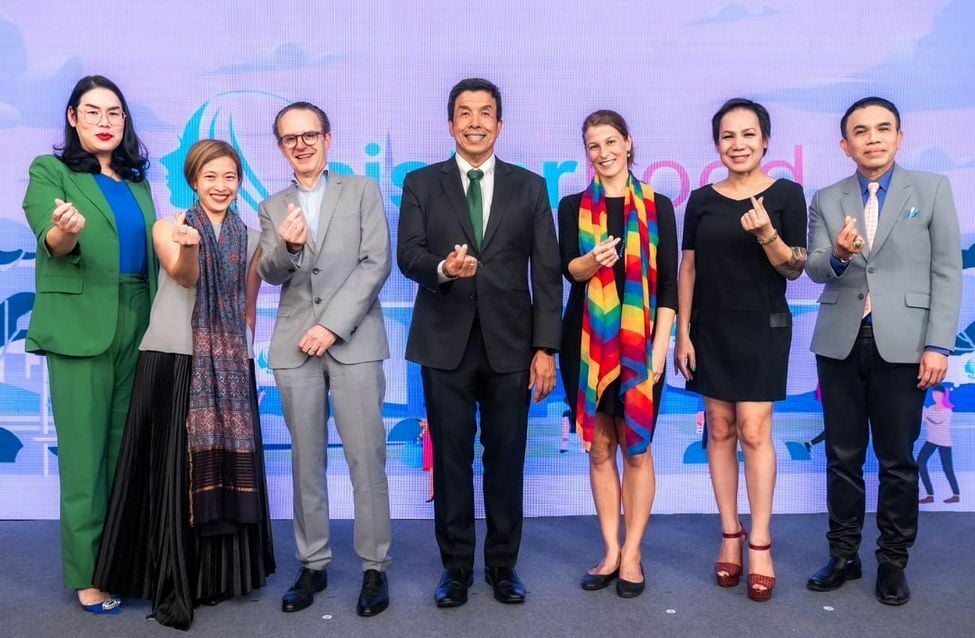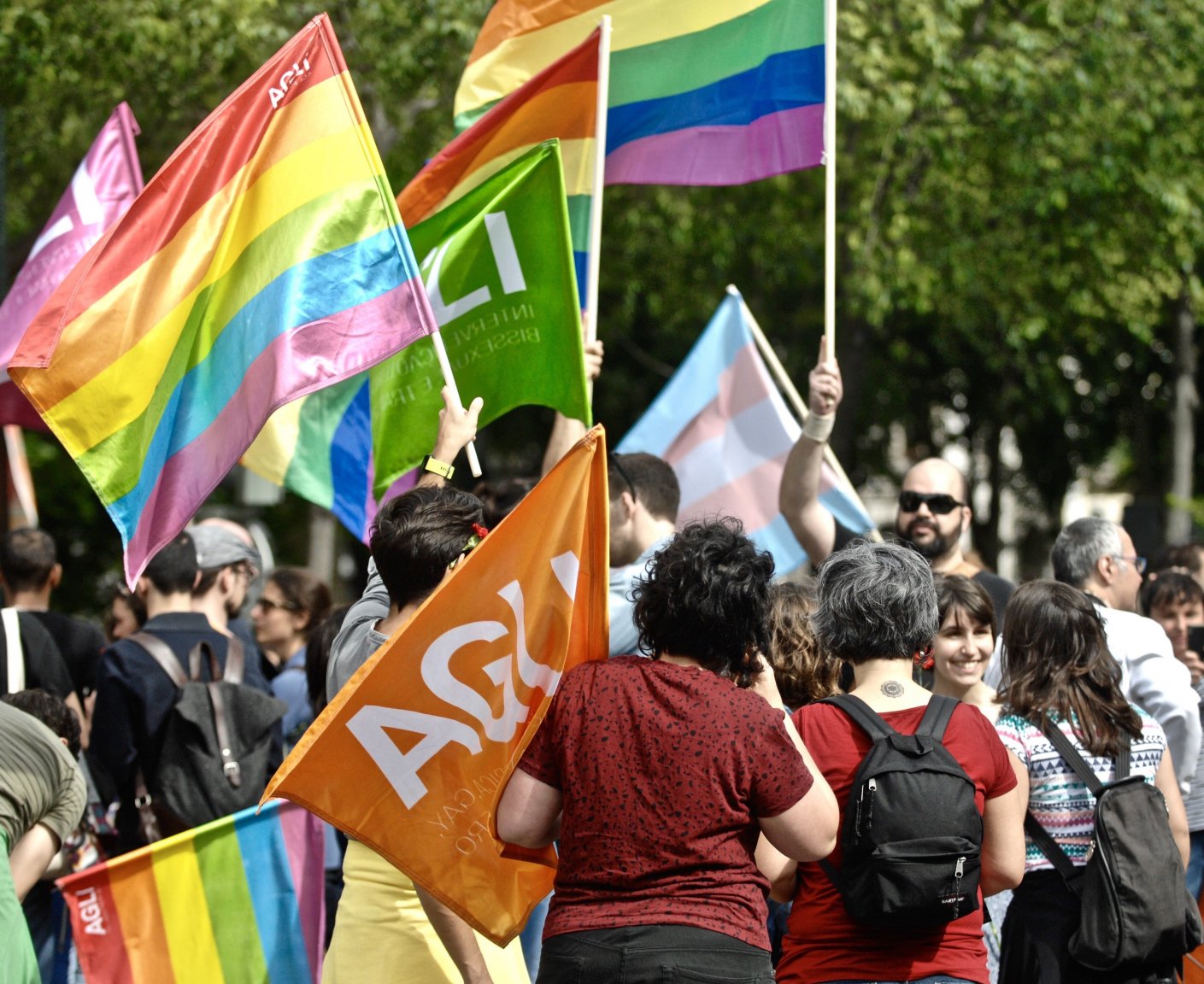LGBTQ+ challenges and triumphs of rights and representation in Thailand

Thailand is celebrated for its generally accepting social attitudes towards LGBTQ+ individuals, particularly evident in vibrant urban hubs like Bangkok’s Silom Road and Pattaya’s Boyztown. These areas serve as vital community centres and nightlife destinations.
Cultural nuances and social acceptance
In urban settings such as Bangkok’s Silom Road, venues like DJ Station and Telephone Pub are renowned for their inclusive environments, offering LGBTQ+ individuals a vibrant social scene. Conversely, rural areas may hold more conservative views, impacting acceptance and community cohesion. While urban hotspots provide a haven for LGBTQ+ expression, some rural areas can present a different landscape. Here, more traditional values may influence social interactions, potentially hindering the formation of strong, open communities. However; it depends on the individual’s perspectives and experiences.
Transgender representation in Thailand
Thailand boasts a rich cultural tapestry of LGBTQ+ representation, highlighted by renowned transgender beauty pageants in Pattaya and mesmerizing performances in Bangkok’s resident trans shows at The Stranger Bar and Calypso Cabaret. These events celebrate diversity and showcase Thailand’s inclusivity on a global stage.

Legal considerations and rights
On June 18, Thailand’s Senate overwhelmingly approved a same-sex marriage bill, making it the first nation in Southeast Asia to recognize same-sex unions. The bill passed with a vote of 130 to 4, with 18 abstentions.
This landmark decision allows same-sex couples to marry and enjoy the same legal protections and benefits as heterosexual couples, including inheritance rights, joint property ownership, and access to healthcare and social welfare programs. The law is expected to take effect within 120 days, positioning Thailand as a leader in LGBTQ+ rights in the region and potentially inspiring broader recognition of these rights across Southeast Asia.
Despite these advancements, challenges persist in areas like adoption, employment protections, and broader legal recognition. Initial steps, such as civil partnership bills, represent progress, though they do not yet offer full marriage rights.
Access to healthcare and support services
Accessing LGBTQ+-affirming healthcare and support services remains challenging, particularly in rural areas where language barriers and limited resources hinder accessibility. Additionally, there is often a lack of specialised medical services tailored to LGBTQ+ needs, such as hormone replacement therapy or mental health counselling, that are sensitive to the unique experiences of LGBTQ+ individuals.
In urban centres, organisations like The Rainbow Sky Association provide crucial support and advocacy for the community. These services are complemented by supportive healthcare providers who are educated and sensitive to the needs of LGBTQ+ patients.

Workplace and social challenges
Discrimination in workplaces and social settings continues to pose significant challenges for LGBTQ+ individuals in Thailand. Varying workplace policies and societal norms impact career opportunities and personal well-being, underscoring the need for inclusive policies and workplace protections.
For example, some companies lack clear anti-discrimination policies, making it difficult for LGBTQ+ employees to feel safe and supported. Personal stories from individuals highlight these struggles, as many recount experiences of being passed over for promotions, or facing outright harassment and bullying due to their sexual orientation or gender identity. These personal testimonies underline the urgent need for stronger, more enforceable workplace protections.
Community support networks and online forums
Community support networks and online forums play a pivotal role in providing safe spaces for LGBTQ+ individuals to connect, share resources, and seek advice. These platforms, including local organisations like Thai Rainbow Network and Queer Mango Thailand, foster a sense of belonging and solidarity.
These forums offer not only emotional support but also practical advice on navigating legal issues, healthcare, and societal challenges. For many LGBTQ+ individuals, these networks are lifelines, providing a sense of community and understanding that may be lacking in other parts of their lives.

Thailand’s LGBTQ+ community navigates a landscape of challenges and triumphs, from legal advancements and vibrant cultural celebrations to ongoing social and healthcare disparities. Advocacy and continued efforts towards inclusivity are crucial to ensuring all individuals feel safe, supported, and respected across the country.
Moving forward, although there have been huge leaps for the LGBTQ+ community recently, both the government and private sectors need to address the gaps in legal protections, healthcare services, and workplace inclusivity. A strong, collective effort can pave the way for a more inclusive Thailand where everyone, regardless of gender identity or sexual orientation, can thrive.
Latest Thailand News
Follow The Thaiger on Google News:


























